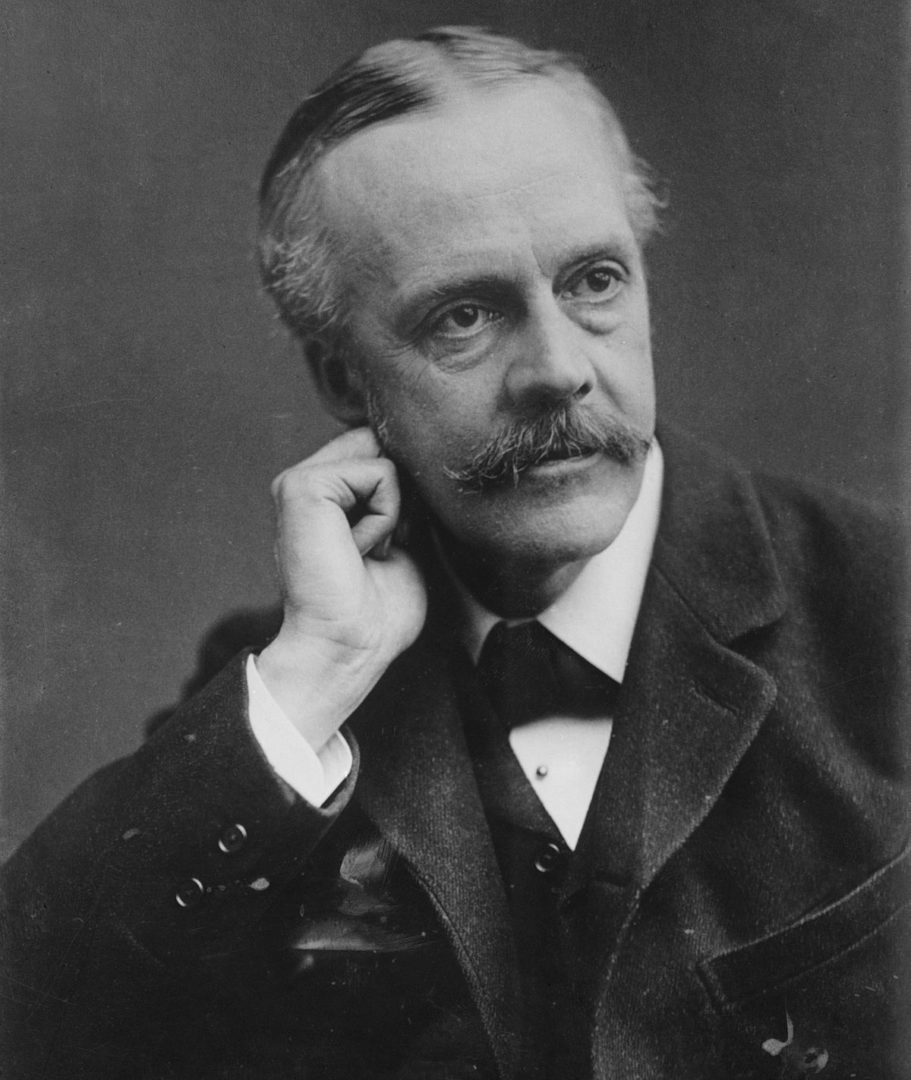British Foreign Secretary Arthur James Balfour, 100 years ago, on Nov. 2, 1917, signed his famous letter, in which he committed the British government to “the establishment in Palestine of a national home for the Jewish people.”
This momentous declaration boosted the Zionist movement and culminated in the rebirth of the Jewish State of Israel in 1948, shortly after the end of British control of the region.
The Balfour Declaration not only stands out in Jewish history, it has changed world history. Very rarely does an imperial power, seeking victory in the world’s bloodiest war, promise to dedicate a part of its conquests to another, much smaller and less fortunate nation.
Today, Israel’s opponents try to paint the Balfour Declaration as an aberration. Enemies describe it as a baseless and undeserving land-grab. However, this is far from the truth.
The Earl of Balfour was not the first global powerbroker to recognize the indigenous rights of the Jewish People in the Land of Israel. An Iranian emperor sought out to ensure the Jewish people had a land of their own.
Over two-millennia ago, Cyrus the Great of Persia defeated the Babylonian Empire, inheriting a vast domain stretching from modern Afghanistan to Egypt. He also came to rule over the Jews, who had been exiled from their land and had their Temple destroyed by the Babylonians 70 years earlier.
READ: MEET YAHYA MAHAMID THE ‘MUSLIM ZIONIST’
Cyrus, like Balfour roughly 2500 years later, showed mercy to the dispossessed Jewish masses. He gave permission to them to return to Israel and rebuild their Temple.
Cyrus is also famous for issuing what is believed to be the world’s first declaration of human rights. For this, the ancient Iranian ruler has earned the ire of today’s Islamic Republic, which barred access to his tomb last week, lest it serve as a rallying point for freedom and democracy in Iran.
The parallels between Cyrus and Balfour do not end there. When the Jews returned to Israel under Cyrus. The Jews encountered stiff opposition from other groups who had entered the land during their absence. This caused them to make tough compromises in order to preserve their nation-building enterprise.
Ironically, the Samaritans, the descendants of the Jews’ ancient rivals, now live under Israeli protection. During the first intifadah, Palestinian rioters chased them from their homes in the city of Nablus.
In this and countless other ways, Israel has done its best to honour Cyrus’ call for tolerance and human rights, and Balfour’s instruction that “nothing shall be done which may prejudice the civil and religious rights” of non-Jewish inhabitants of the country.
Many Canadians are familiar with the first verse of the Bible, which speaks of the traditional account of the Creation. Far fewer are acquainted with its final, uplifting verse:
“Thus says Cyrus, King of Persia: …[God] has charged me to build Him a Temple in Jerusalem, which is in Judea. Whoever remains from among His people – may the Lord, God be with him – and let him go up!” – 2 Chronicles 23:36
This November, we call on Canadians to join with millions across the world to celebrate the legacy of Balfour, a latter-day Cyrus of Persia.
Aidan Fishman is the Interim National Director of B’nai Brith Canada’s League for Human Rights.
